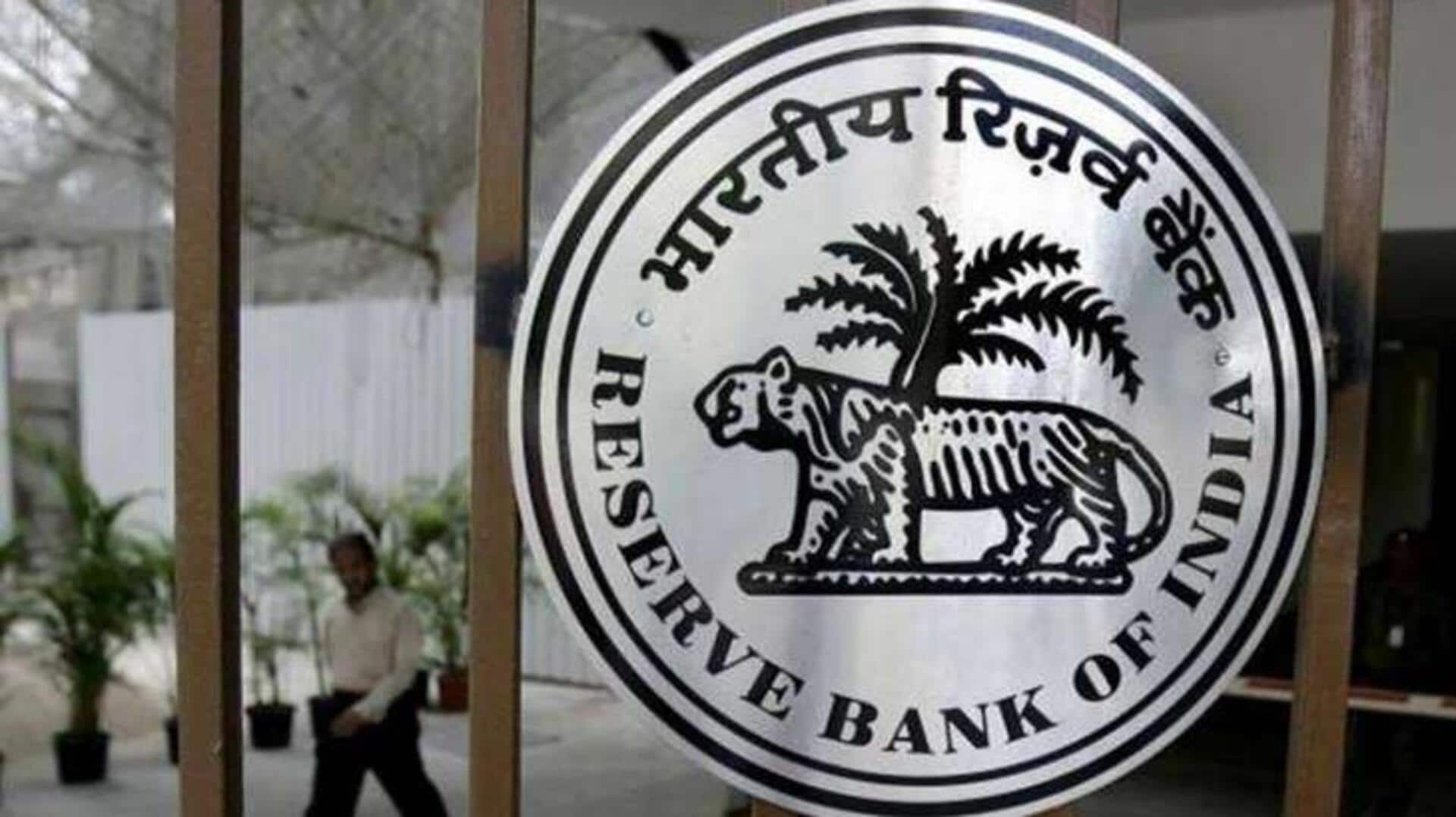
Beware of RBI scams! Fraudsters impersonating officials to deceive victims
What's the story
The Reserve Bank of India (RBI) has issued a public warning about an alarming rise in fraudulent activities. These scams involve perpetrators posing as RBI officials to deceive unsuspecting individuals. The fraudulent schemes vary, from promises of fake lottery winnings to threats of account deactivation, and target both individuals and small-to-medium businesses.
Deceptive tactics
Fake RBI credentials to lure victims
Scammers often use counterfeit RBI letterheads and email addresses to entice potential victims with the assurance of lottery winnings, fund transfers, and even government schemes. They then ask for fees for currency processing or remittance charges. Also, small and medium businesses are targeted through bogus government contracts that require a "security deposit" in return for attractive deals.
Coercion strategy
Intimidation tactics used by fraudsters
In some cases, victims receive calls, texts, or emails from callers pretending to be RBI officials. These fraudsters use intimidation tactics such as threats to freeze bank accounts or accusations of illegal activities such as money laundering. They pressure victims into sharing personal as well as banking details, or installing unauthorized apps through links provided in the communication.
Official position
RBI clarifies its stance on individual accounts, deposits
The RBI has clarified that it neither maintains accounts for individuals/companies nor asks for deposits or opens accounts in their names. The central bank also confirmed that it does not send emails or messages about lottery winnings or fund disbursements. This clarification comes in response to the deceptive tactics used by scammers who falsely claim association with the RBI.
Advisory issued
Public advisory to prevent falling prey to scams
The RBI has advised the public to be vigilant of emails, calls, and other communications from individuals posing as its officials. It recommends not sharing personal information, account credentials, and copies of KYC documents with unidentified people or via unverified websites and applications. Instead, if such requests are received, individuals should immediately contact their bank directly for verification.